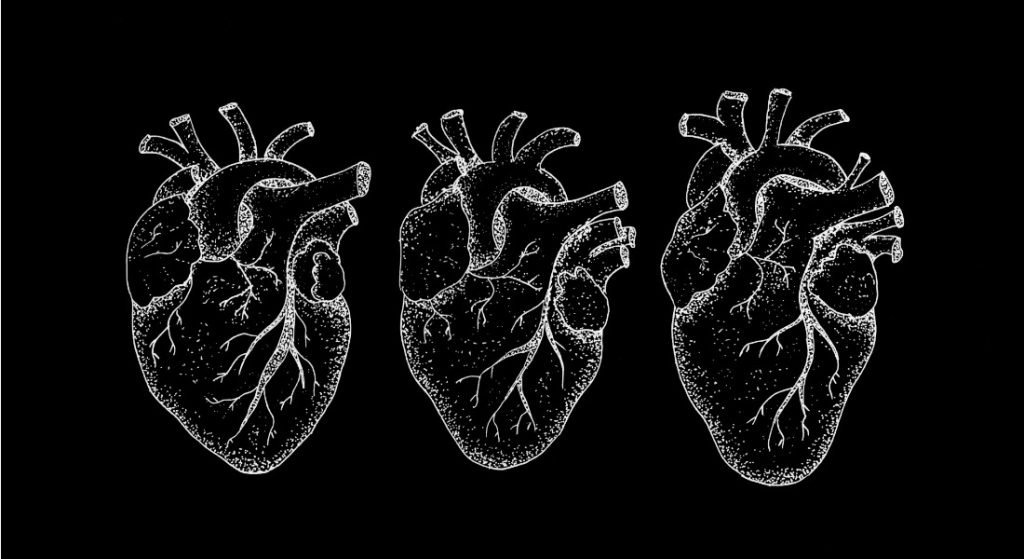Carbohydrate plays a significant role in experiments with rats and the results may lead to new medicines
Research experiments with rats indicate that a certain kind of carbohydrate is essential for the regulation of the body’s blood pressure in humans, a study by researchers from the DNRF’s Center for Glycomics (CCG), the USA, and Rigshospitalet shows. The research is based on laboratory rats, but the discovery can potentially be used to develop medicine for patients with high blood pressure. The result was recently published in the Journal of Biological Chemistry.

When blood pressures are either too high or too low, it can have severe consequences for our health and lead to fainting and cardiovascular diseases. According to a study with lab rats by researchers from the DNRF’s CCG among others, a specific carbohydrate appears to regulate blood pressure. The discovery may lead to the development of new medicines. The study’s point of departure is a discovery, made by Ph.D. student Lasse Holst and the research team behind the study, of a carbohydrate that is attached to a certain peptide hormone in humans. Holst and the research team then began interdisciplinary research, including laboratory rats, and here the researchers found that the peptide hormone – with the carbohydrate attached – affected the regulation of blood pressure in the laboratory animals. Although the discovery is based on animal experiments, the researchers hope that the result can be used to develop improved medicine and treatment for patients with high blood pressure or heart failure.
“It may be a really good bet for a modern way to treat hypertension without side effects, such as syncope. It has long been known that this peptide hormone is extremely important for the blood pressure, but so far it has not been possible to use it in the treatment. This finding was only possible because we collaborated across disciplines and combined basic and clinical research,” said Jens Peter Gøtze, professor at Rigshospitalet and one of the leading authors behind the study.
Laboratory rats give better insight into the regulation of blood pressure
The peptide hormone the researchers examined is emitted from the heart and is important for the process whereby the body regulates blood pressure and fluid balance. With the laboratory rats, the researchers have gained better insight into understanding how blood pressure is regulated differently, according to whether the peptide hormone is with or without the carbohydrate.
”We can see that when that particular sugar is located on the peptide hormone, it regulates the fluid balance and blood pressure differently than if the sugar is not located there. In our animal models, we could see that the peptide hormone with and without sugar behaves differently. It gives us an insight into a new mechanism for regulation of these important physiological processes in the body,” said Associate Professor Katrine Schjoldager, one of the authors behind the study and a part of the Center of Excellence CCG.
The next step is to examine the function of the carbohydrate and to better understand how the heart regulates the attachment of the carbohydrate. Furthermore, the researchers plan to examine this function with humans.
Nearly one in five Danes suffer from hypertension, which increases the risks of cardiovascular diseases such as blood clots or heart failure.
Find the scientific article in the Journal of Biological Chemistry here
